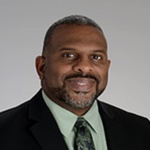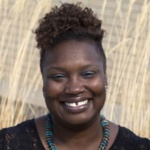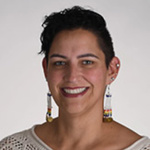Dive into the historical trajectory from the Jim Crow Era through the Civil Rights Movement, highlighting the struggles for equality faced by Black individuals. Explore the legacies of slavery and segregation, analyzing their evolution into contemporary issues of mass incarceration to gain a comprehensive understanding of the socio-political forces shaping racial dynamics in America.
Signup for the educational series by selecting each session(s) you want to attend. Space is limited.

The root cause of health inequity in the United States is intricately tied to structural racism. This educational series delves into stark disparities in morbidity and mortality among underrepresented communities, unraveling the historical and systemic facets of race(ism) in America. Moving beyond acknowledgment, it explores how race has been ingrained in American consciousness since the 16th century.
Join us as we deconstruct race, unpack systemic racism’s impact on health, reshape the narrative, and foster collective impact toward a healthier and more equitable future.
We go beyond just identifying the issue; we’re committed to helping you understand the historical and systemic roots of race and racism in America. By breaking down each concept of race in our debriefing sessions, we aim to develop a deeper awareness of how racism has become part of our society and ways to become better advocates and champions of change.
During each debriefing session, our panelists will use IPEC Core Competencies for Interprofessional Collaborative Practice and its guiding principles to provide an environment where everyone’s perspectives are heard and respected.





Dr. Shawn Leigh Alexander received his PhD from the W.E.B. Du Bois Department of Afro-American Studies at the University of Massachusetts-Amherst in 2004. He is currently a Professor and Chair of African and African American Studies, as well as the director of the Langston Hughes Center at the University of Kansas. His research focuses on African American social and intellectual history of the 19th and 20th centuries.









©2025 REACH Healthcare Foundation